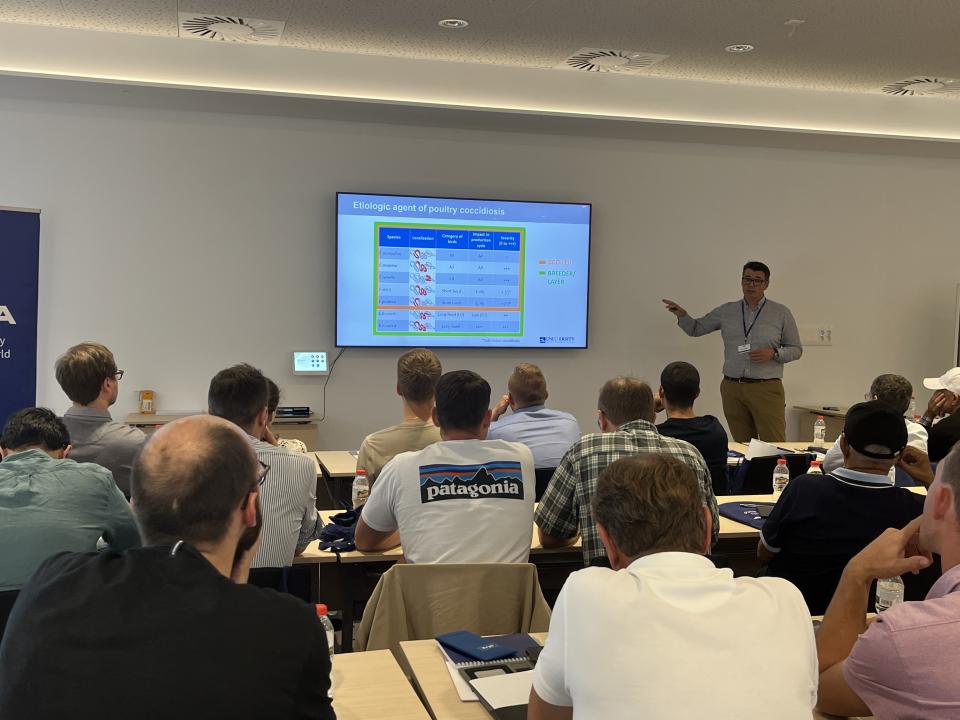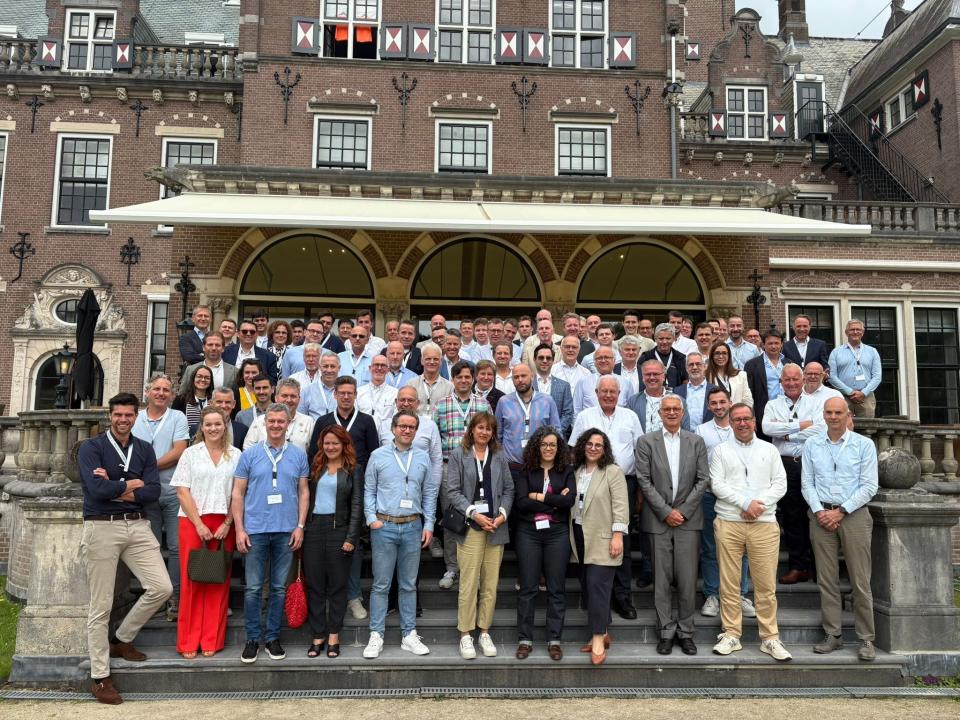On October 14th 2025, HIPRA Malaysia successfully held the HIPRA Poultry Health Symposium in Kuala Lumpur, bringing together 103 poultry producers and veterinarians from across the country. The event focused on two major health challenges in poultry production: coccidiosis and Avian Metapneumovirus (aMPV).
Coccidiosis remains one of the most significant challenges affecting poultry productivity in Malaysia. Despite its impact, vaccine adoption in the country is still limited. The transition from anticoccidial drug dependency to vaccination is vital, not only for improving productivity and reducing antimicrobial resistance, but also to address public health concerns related to drug residues. This movement is in line with the One Health approach championed by the Department of Veterinary Services (DVS) Malaysia, recognizing the interconnectedness of animal, human, and environmental health.
Avian Metapneumovirus (aMPV) infections have also been gaining increasing attention among poultry producers. The symposium provided a platform to share the latest updates on Swollen Head Disease and its preventive strategies.
The event opened with a welcome address by Eric Xifra Ferrer, Corporate Finance and Administration Manager at HIPRA, who reaffirmed HIPRA’s commitment to advancing animal health through innovation.
YBHG. Dato’ Dr. Ahmad Shafri bin Hassan, Senior Director of the Livestock Industry Development Division, Department of Veterinary Services Malaysia, delivered the officiating speech, highlighting the national concerns surrounding antimicrobial resistance and the critical need for prudent antimicrobial use. He also underscored the importance of adopting vaccine-based solutions, particularly attenuated vaccines for coccidiosis prevention, as part of the shared responsibility of all stakeholders within the One Health framework.
Dr. Siti Hajar Nor binti Muhammad, Senior Assistant Director of the Disease Control and Veterinary Biosecurity Division, DVS Malaysia, presented the government’s policies on antimicrobial stewardship and emphasized enhanced farm biosecurity practices.








